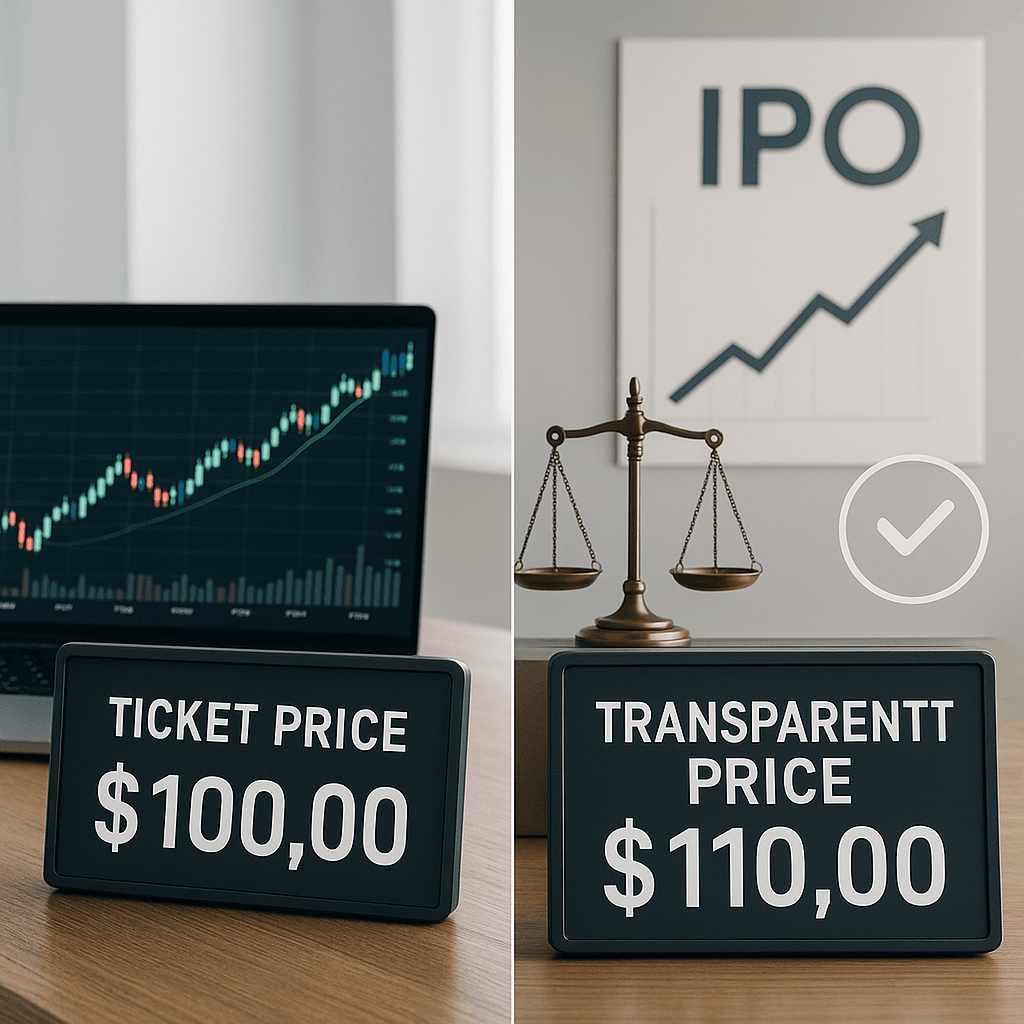StubHub's $8.6 billion IPO debut comes with a regulatory hangover. CEO Eric Baker warned that new FTC rules requiring transparent ticket pricing will trigger a 10% revenue drop - just as the marketplace begins trading on the NYSE under 'STUB.' The timing couldn't be more awkward for investors weighing the company's post-regulation prospects.
StubHub's market debut Wednesday carries an unusual warning label: regulatory compliance will hurt before it helps. CEO Eric Baker isn't sugarcoating the impact of federal pricing transparency rules that took effect in May, telling CNBC investors should expect a 10% revenue dip as the marketplace adjusts to life without hidden fees.
'We've seen this in states like New York that have done it. You have a drop off and it hits about 10%,' Baker explained during a 'Squawk on the Street' interview. 'Then it's just back to normal. You're growing off the base because you now normalized it.' The admission comes as StubHub begins trading under the symbol 'STUB' with an $8.6 billion valuation.
The Federal Trade Commission's 'junk fees' rule prohibits the bait-and-switch tactics that became synonymous with online ticketing. No more countdown clocks creating false urgency while checkout totals balloon beyond the advertised price. The regulation forces platforms like StubHub, Ticketmaster, and Vivid Seats to display all-in pricing upfront.
For StubHub, the rules solve a competitive dilemma that's plagued ethical pricing advocates. 'If you're the only person in the market doing it, you end up with a problem,' Baker noted. 'So now that everyone's doing it, everyone's happier, and you have a level playing field.' The company had been voluntarily pushing transparent pricing while competitors maintained fee structures that made their tickets appear cheaper initially.
The regulatory shift comes at a pivotal moment for StubHub's public market return. Baker co-founded the San Francisco-based marketplace in 2000, sold it to eBay for $310 million in 2007, then reacquired it through Viagogo for roughly $4 billion in 2020. The IPO was originally planned for April but got delayed when Trump's tariff announcements roiled markets.
Legal challenges have added pressure to the pricing overhaul. D.C. Attorney General Brian Schwalb sued StubHub last August over 'predatory drip pricing,' alleging the platform deceived customers with low advertised prices that climbed substantially during checkout. The lawsuit highlighted how urgency tactics and hidden fees had become standard practice across the industry.












